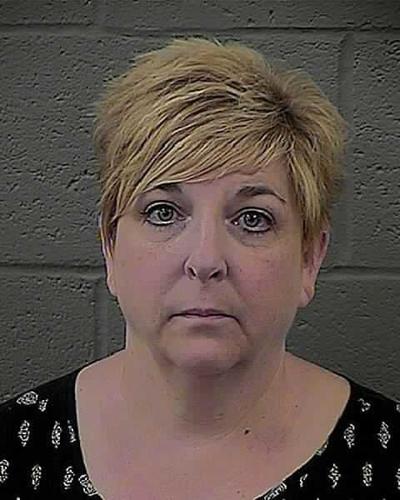I recently published my memoir but sometimes I feel like I felt when I went to school and showed teachers my bruises and was ignored
There is still a huge stigma attached to "telling" and it's alive and well in spite of #MeToo" Although the memoir Silenced Lives, the Sex Offender's Legacy received good recommendations and several people bought and tread the book, they report they found it hard to read "heavy" was the word they used because it was about 4 generations of abuse running through my family.
I don't know if they are too soft hearted to read about child abuse, or if they find themselves triggered from their own experiences. Maybe, like me, they were told " just don't think about it." But as you and people who search for "not the Life" because they are in need of support, just don't think about it solves nothing and, unfortunately, it helps the generational cycle of abuse to continue. Several women who read the book, found it very valuable but spoiler alert, for some it triggered rememberance of their own experience. They told me they too were raped either as children or as young adults. One woman said she had only ever told 4 people including me.
If you bought and read the book Silenced Lives maybe you would share some feedback? Or even leave a review on Amazon? (please buy the book using Amazon Smile so your favorite non-profit charity also reaps some benefit.)
I think sexual abuse is so embedded in our society that most people do not want to see how wide spread and how crippling it can be for both boys and girls and how much sexual violence silences us all (unless of course you are rich and "above the law" then it is apparently a means of demonstrating you are one of the big boys at the top of the family or at the top of the social heap. I was really shocked at the recent hearings to confirm the Supreme Court vacancy. I thought we had come further toward justice...and no, I don't think revenge is justice. I don't agree with the US Olympic team's "performance" in court against their coach. But that's another topic.
For those of us who have heard the knock at the door and had all social connections stripped away (along with a family member we love) we know what it means to suddenly discover our family is "expendable."
I recently read a book called Lost Connections which describes how our social "selves" are stripped away and we are set adrift at the know upon the door (followed after prison) by the 900,000+ public Sex Offender Registry whose sole purpose doesn't seem to be to protect children but to keep everyone from ever regaining a productive place in work and society.
The problem with stripping us of all our connections especially when the "perpetrator" is a sex-curious minor is that the whole system is bent upon making the rest of their lives "a an example" in order to feed those employed by "justice system."
I don't believe, "once a perpetrator, always a perpetrator." I think if we are willing to listen, if we intervene early, if our intervention is healing and not just purposely destructive we have a chance of breaking the transgenerational cycle of abuse that harmed 4 generations of my family.
Oh, yes and if we allow ourselves to be "trauma informed" and stop averting our eyes when a 4th grader shows up in short sleeves in order to display her bruises.... Take care, Janet Mackie
If you bought and read the book Silenced Lives maybe you would share some feedback? Or even leave a review on Amazon? (please buy the book using Amazon Smile so your favorite non-profit charity also reaps some benefit.)
I think sexual abuse is so embedded in our society that most people do not want to see how wide spread and how crippling it can be for both boys and girls and how much sexual violence silences us all (unless of course you are rich and "above the law" then it is apparently a means of demonstrating you are one of the big boys at the top of the family or at the top of the social heap. I was really shocked at the recent hearings to confirm the Supreme Court vacancy. I thought we had come further toward justice...and no, I don't think revenge is justice. I don't agree with the US Olympic team's "performance" in court against their coach. But that's another topic.
For those of us who have heard the knock at the door and had all social connections stripped away (along with a family member we love) we know what it means to suddenly discover our family is "expendable."
I recently read a book called Lost Connections which describes how our social "selves" are stripped away and we are set adrift at the know upon the door (followed after prison) by the 900,000+ public Sex Offender Registry whose sole purpose doesn't seem to be to protect children but to keep everyone from ever regaining a productive place in work and society.
The problem with stripping us of all our connections especially when the "perpetrator" is a sex-curious minor is that the whole system is bent upon making the rest of their lives "a an example" in order to feed those employed by "justice system."
I don't believe, "once a perpetrator, always a perpetrator." I think if we are willing to listen, if we intervene early, if our intervention is healing and not just purposely destructive we have a chance of breaking the transgenerational cycle of abuse that harmed 4 generations of my family.
Oh, yes and if we allow ourselves to be "trauma informed" and stop averting our eyes when a 4th grader shows up in short sleeves in order to display her bruises.... Take care, Janet Mackie


